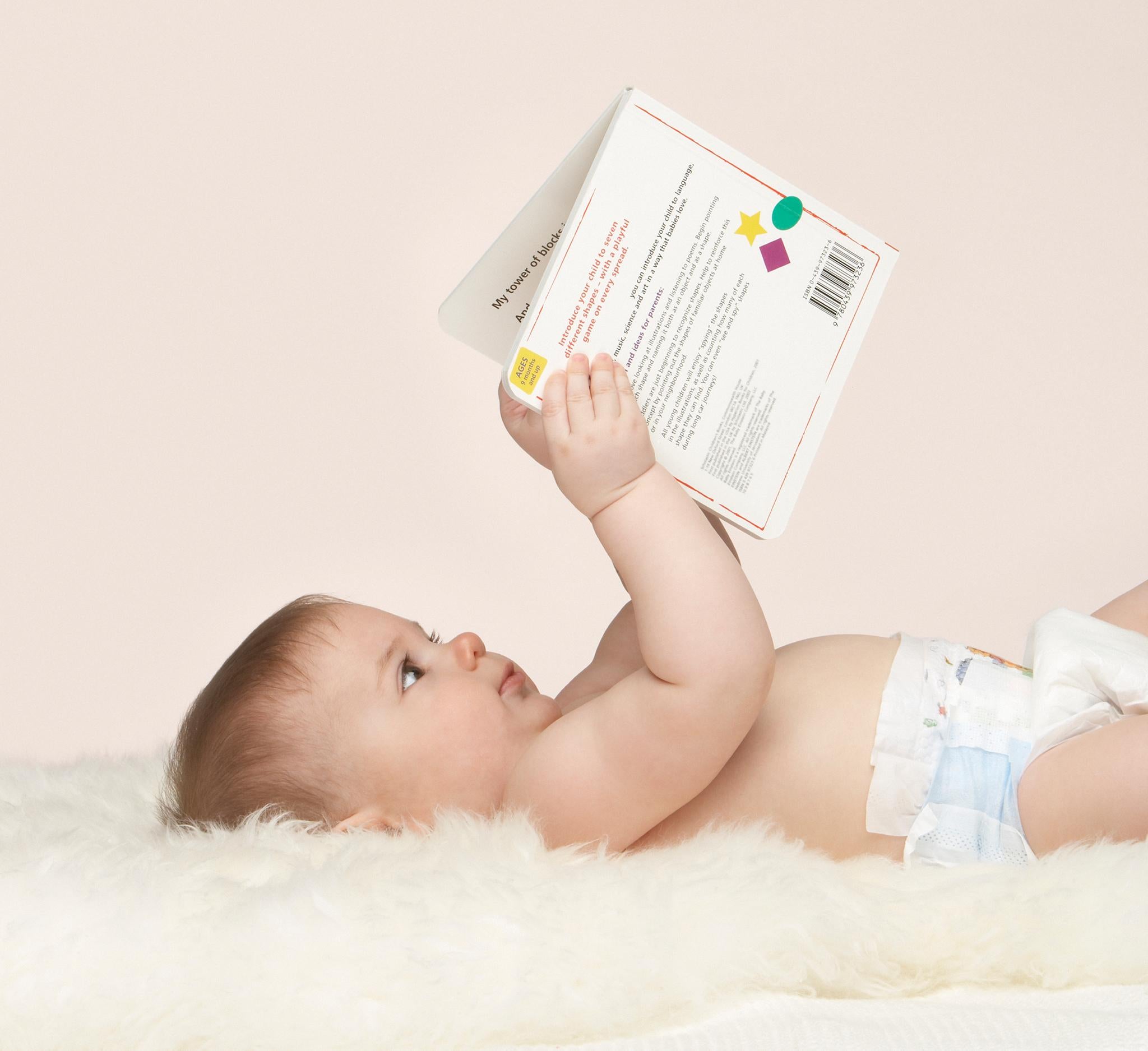Reading to your six-month-old can boost language skills in childhood, study finds
Apparently, they are actually understanding what you are saying

If you’re unsure whether your six month old baby is really absorbing what you’re reading them, rest assured a new study says they are.
New research, presented at the Paediatric Academic Societies Meeting last week, suggested that reading books to your child in early infancy can boost vocabulary and reading skills four years later before they start school.
Researchers monitored more than 250 pairs of mothers and babies over a four and a half year period to observe how well the children understood words as well as the strength of their literacy and reading skills.
They compared their findings with the quantity of book reading i.e. amount of books in the home and days per week spent reading together and the quality of shared book reading. Quality was assessed by asking parents if they had conversations with their child about the book, whether the children interacted with the pictures on the page and the emotions of the characters and whether the stories were age appropriate.
The researchers adjusted for socioeconomic differences and found that reading quality and quantity in early infancy predicted the child vocabulary up to four years later. Book-reading quality during early infancy predicted strong reading skills at an earlier age while the both the quantity and quality of book reading during the toddler years was strongly tied to late literacy skills such as the children being able to write their names at age four.
“These findings are exciting because they suggest that reading to young children, beginning even in early infancy, has a lasting effect on language, literacy and early reading skills,” said lead author and research assistant professor in the department of paediatrics at New York University (NYU) school of medicine.
“What they’re learning when you read with them as infants still has an effect four years later when they’re about to begin elementary [primary] school.”
Join our commenting forum
Join thought-provoking conversations, follow other Independent readers and see their replies
Comments
Bookmark popover
Removed from bookmarks